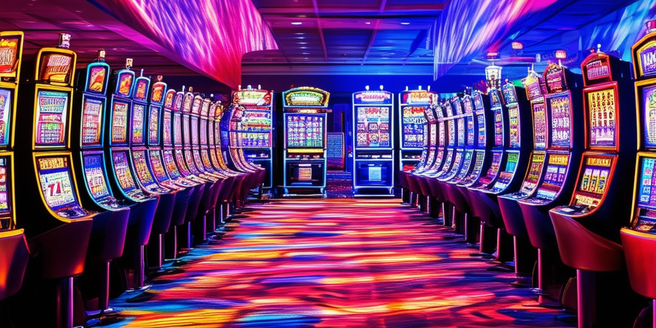
Understanding the Appeal of Free Prize Competitions
The allure of free prize competitions lies in their apparent simplicity and the prospect of winning something for nothing. Introduced centuries ago, these competitions have successfully transformed over the years, adapting to shifting societal tastes and technological advancements. Even with the advent of advanced technology and the ability to participate in such contests electronically, their appeal remains undiminished. This makes them highly attractive to a wide variety of people. Despite the low odds of winning, the potential reward creates a compelling draw. Somehow, the promise of getting something for free seems to override our typical scepticism of any deal that seems too good to be true. It hooks into our desire for easy gains and our affinity for risk, a result of millennia of evolutionary development.
The Role of Dopamine in Reward-Seeking Behavior
Dopamine, a crucial neurotransmitter in the brain, plays a critical role in reward-seeking behavior. The anticipation of a reward triggers dopamine release, leading to feelings of delight and satisfaction. This chemical response drives engagement in free prize competitions, creating a compelling cycle of anticipation and reward fulfillment. As individuals partake, they become used to the rewards, thereby fostering the desire for continued participation. This cycle is potent and self-sustaining, continually causing a surge of dopamine with every anticipated reward, making these experiences addictive. Thus, dopamine significantly contributes to our recurrent participation in rewarding activities such as free prize competitions.
Sunk Cost Fallacy: Is ‘Free’ Really Free?
The cognitive bias known as the sunk cost fallacy becomes evident when individuals engage in free prize competitions. Although seemingly cost-free, such contests often involve hidden expenses of time and effort. However, the allure of a potential ‘free’ reward can often skew our decision-making process. This is because we’re influenced by the desire to render the resources we’ve already invested as worthwhile, leading us to persist in our efforts.
As a result, we often ignore the clear evidence that the cost we’ve endured may outweigh the potential benefits. We tend to let our irrational attachment to resources already expended cloud our judgement about sunk costs. This fallacy also makes us overlook potentially more beneficial opportunities and ignore the fact that the resources invested might exceed the prize’s hypothetical benefits. The sunk cost fallacy shapes our understanding of our own irrational decision-making behaviors.
The Power of Chance: Why We Love a Good Lottery
The concept of a lottery, a costless contest, has a compelling psychological appeal due to its promise of lucrative rewards won purely by chance. It taps into humanity’s fascination with uncertainty, fortune, and randomness creating a charming allure. The thrilling rollercoaster of unpredictability and randomness bundled with high stakes and potential life-changing rewards of the lottery have drawn attention throughout time and cultures. Paradoxically, the less control over outcomes, the more fascinating they become. This can be traced back to our innate human curiosity and penchant for the unknown – a paradox that maintains interest and captivation. In essence, the unpredictable lottery dynamics, human intrigue for luck and chance, combined with suspense and thrill, make lottery games an irresistibly alluring proposition, consistently capturing our interest.
How Companies Use Psychology in Free Prize Competitions
Businesses often use strategic psychological tactics to increase the engagement in their free prize competitions. This is achieved by understanding and manipulating human behavior, focusing on our innate desire for rewards and our propensity to take risks. These human tendencies are incorporated into the design, generating an irresistible attraction for potential participants.
The competitions or games promoted by businesses are designed to be easy to grasp yet difficult to win, creating an illusion of achievable success. When customers perceive triumph is attainable, they are more inclined to participate. This strategy fuels optimism, encourages engagement, and fosters a thrilling anticipation in players.
Furthermore, businesses utilize psychological triggers, such as the scarcity principle or limited-time offers, to entice immediate action. By creating artificial scarcity, they heighten the perceived value of the prize and induce fear of missing out. Additionally, imposing a ticking timeline creates urgency, prompting potential consumers to take swift action.
These intelligent marketing tactics not only amplify participation in competitions but also add value to the brand and enhance customer engagement. The combination of rewarding desires, risk-taking, perceived simplicity, scarcity, and time pressure produces a compelling psychological influence that’s difficult for any potential participant to resist.
